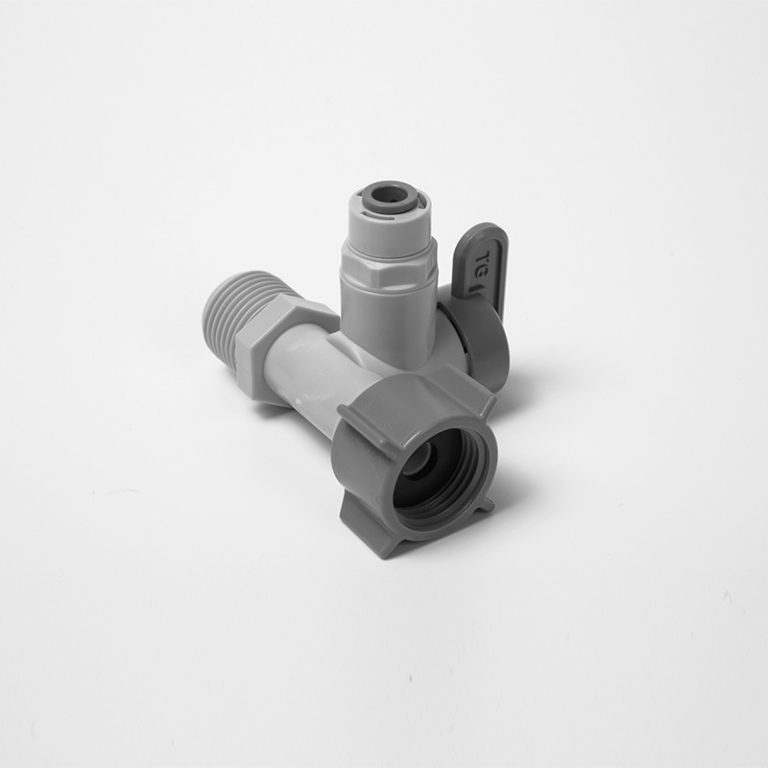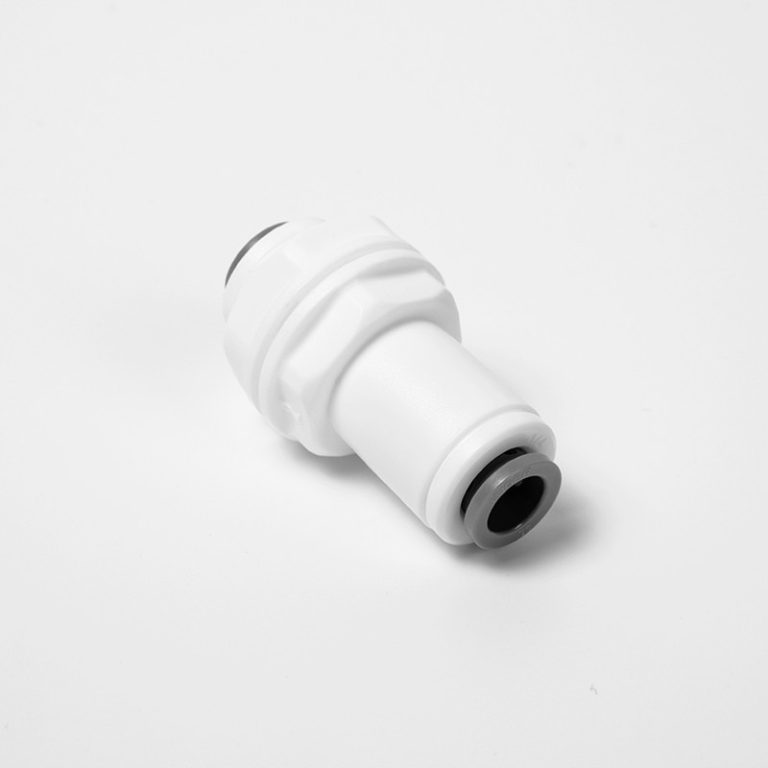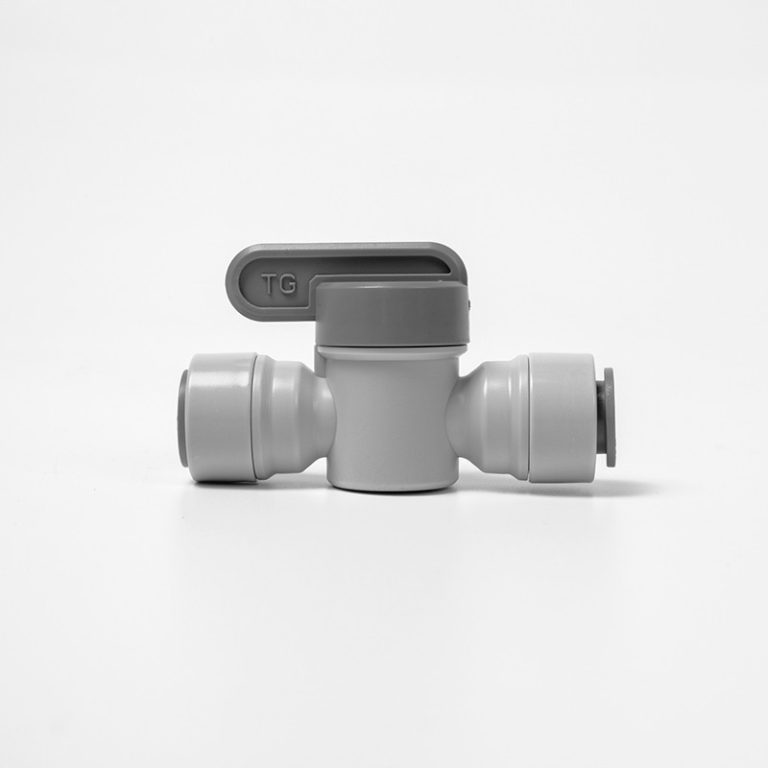Table of Contents
Pros and Cons of Using PVC Conduit for Underground Wiring
When it comes to installing underground wiring, one of the most popular options is using PVC conduit. PVC, or polyvinyl chloride, conduit is a versatile and durable material that is commonly used in electrical installations. However, like any material, there are both pros and cons to using PVC conduit for underground wiring.
One of the main advantages of using PVC conduit for underground wiring is its durability. PVC is a strong material that can withstand harsh underground conditions, such as moisture, chemicals, and temperature fluctuations. This makes it an ideal choice for protecting electrical wires from damage and ensuring the safety of the electrical system.
Another benefit of PVC conduit is its ease of installation. PVC conduit is lightweight and flexible, making it easy to work with and maneuver around obstacles in the ground. It can also be easily cut to the desired length and shape, allowing for a customized installation that fits the specific needs of the project.

In addition to its durability and ease of installation, PVC conduit is also cost-effective. PVC is a relatively inexpensive material compared to other types of conduit, making it a budget-friendly option for underground wiring projects. This can help save money on both materials and labor costs, making PVC conduit a popular choice for many contractors and homeowners.
Despite its many advantages, there are some drawbacks to using PVC conduit for underground wiring. One of the main concerns with PVC conduit is its susceptibility to damage from UV rays. Over time, exposure to sunlight can cause PVC conduit to become brittle and crack, potentially leading to water infiltration and damage to the electrical wires inside.
Another potential downside of PVC conduit is its limited temperature range. PVC conduit is not suitable for use in high-temperature environments, as it can soften and deform when exposed to heat. This can pose a risk to the integrity of the electrical system and may require additional insulation or protection in certain applications.
In addition to its vulnerability to UV rays and limited temperature range, PVC conduit may also be more prone to damage from physical impact compared to other types of conduit. While PVC is a strong material, it can still be crushed or punctured if not properly installed or protected. This can lead to costly repairs and potential safety hazards if the electrical wires inside are exposed.
In conclusion, PVC conduit is a popular choice for underground wiring due to its durability, ease of installation, and cost-effectiveness. However, it is important to consider the potential drawbacks of using PVC conduit, such as its susceptibility to UV damage, limited temperature range, and vulnerability to physical impact. By weighing the pros and cons of PVC conduit, contractors and homeowners can make an informed decision on whether it is the right choice for their underground wiring project.
Step-by-Step Guide to Installing PVC Conduit for Underground Applications
When it comes to installing PVC conduit for underground applications, it is important to choose the right type of conduit to ensure the safety and longevity of your electrical system. PVC conduit is a popular choice for underground installations due to its durability, flexibility, and resistance to corrosion. In this article, we will discuss the different types of PVC conduit available for underground use and provide a step-by-step guide to installing it properly.
There are two main types of PVC conduit that are commonly used for underground applications: Schedule 40 and Schedule 80. Schedule 40 PVC conduit is the most common type and is suitable for most residential and light commercial applications. It is lightweight, easy to work with, and cost-effective. Schedule 80 PVC conduit, on the other hand, is thicker and stronger than Schedule 40 and is typically used in more heavy-duty applications where extra protection is needed.
When choosing PVC conduit for underground installations, it is important to consider the depth at which the conduit will be buried. In general, PVC conduit should be buried at least 18 inches deep to protect it from damage and ensure compliance with building codes. However, in areas with rocky or unstable soil, it may be necessary to bury the conduit deeper to provide adequate protection.
Before installing PVC conduit underground, it is important to check with local building codes and regulations to ensure compliance. It is also a good idea to call 811, the national “Call Before You Dig” hotline, to have underground utilities marked before digging to avoid damaging existing infrastructure.
| Model | Tube(a) | Stem(b) |
|---|---|---|
| 1801-A | 1/4 | 1/4 |
| 1801-C | 1/4 | 3/30 |
To install PVC conduit underground, follow these steps:
| Model | Stem (a) |
Stem (b) |
Tube (c) |
| 1800-A | 1/4 | 1/4 | – |
| 1800-B | 1/4 | 1/4 | Short |
| 1800-D | 1/2 | 1/2 | Short |
1. Determine the route: Plan the route for the conduit and mark it with spray paint or flags. Make sure to avoid any obstacles such as trees, buildings, or existing utilities.
2. Dig the trench: Use a trenching shovel or a trenching machine to dig a trench along the marked route. The trench should be at least 18 inches deep and wide enough to accommodate the conduit.
3. Lay the conduit: Place the PVC conduit in the trench, making sure to secure it with straps or clamps to prevent movement. Use PVC cement to join the sections of conduit together.

4. Make bends: If the conduit needs to make any bends or turns, use a heat gun to soften the PVC and bend it to the desired angle. Be careful not to overheat the PVC, as this can cause it to deform or crack.
5. Backfill the trench: Once the conduit is in place, backfill the trench with soil, making sure to compact it around the conduit to provide support and protection.
6. Test the installation: Before covering the trench completely, test the installation by running a fish tape or wire through the conduit to ensure it is clear and unobstructed.
By following these steps and choosing the right type of PVC conduit for your underground application, you can ensure a safe and reliable electrical system that will last for years to come. PVC conduit is a versatile and durable option for underground installations, providing protection for your electrical wiring and ensuring compliance with building codes and regulations. Whether you are installing conduit for a residential, commercial, or industrial application, PVC conduit is a cost-effective and reliable choice for underground installations.







